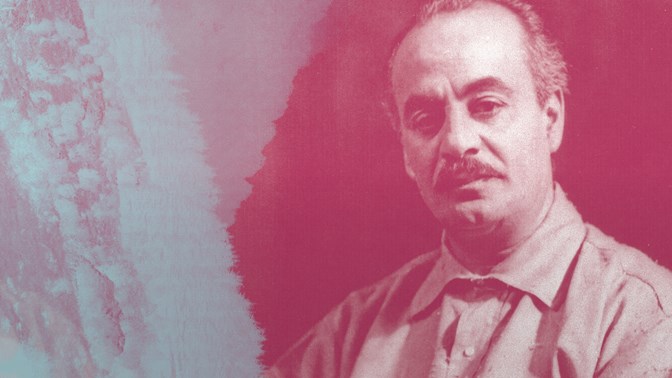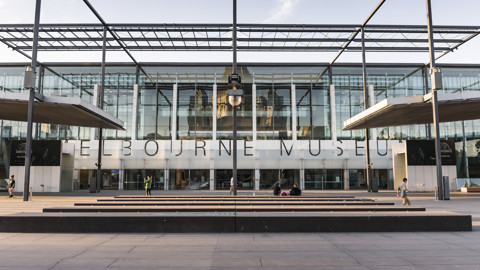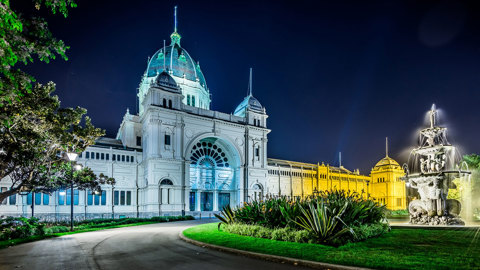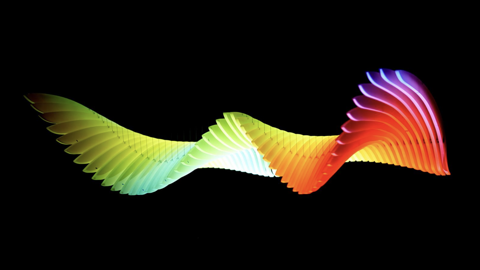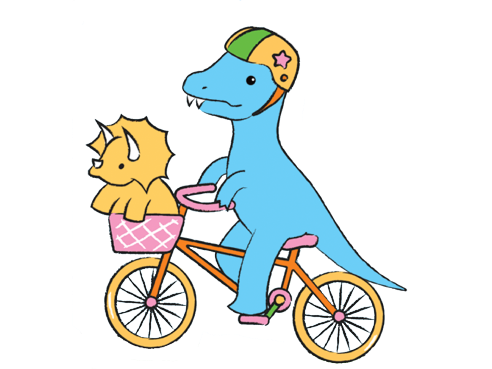What do Elvis, Bowie and Indira Gandhi have in common?
Kahlil Gibran: The Garden of the Prophet to open at Immigration Museum on 28 November
“One of my dearest dreams is this—somewhere, a body of work, say 50 or 75 pictures will be hung together in a large city, where the people would see and perhaps love them” - Kahlil Gibran, 1913.
The Immigration Museum is set to fulfill one of the world’s most beloved literary figures dearest dreams when it opens the doors to its latest exhibition, Kahlil Gibran: The Garden of the Prophet.
Exclusively commissioned by Immigration Museum, with support from the Council for Australian-Arab Relations of the Department of Foreign Affairs and Trade, Kahlil Gibran: The Garden of the Prophet is an exhibition that tells a powerful migrant story.
Widely considered to be the third most popular poet of all time after Shakespeare and Lao-tzu, Kahlil Gibran was a much loved and respected Lebanese-born poet and artist. He migrated to America as a young man in the 1890's and rose to prominence in both the East and West through his art and writings.
His words have inspired some of the most influential figures of our times, from John F. Kennedy and Indira Gandhi, to Elvis Presley, John Lennon and David Bowie.
His most well-known work The Prophet, first published in 1923, has sold tens of millions of copies and is one of the most famous and best-selling works of religious fiction. Published in 108 languages around the world, passages from this masterpiece are quoted at weddings, in political speeches and at funerals.
Featuring original paintings, sketches, manuscripts and artefacts, on loan from the Gibran Museum in his hometown of Bsharri in Lebanon, Kahlil Gibran: The Garden of the Prophet explores the life and work of this much esteemed literary figure through his poetry, art and philosophies.
His musings touch on topics universally close to anyone’s heart including love, grief, marriage, work, friendship, children, time, freedom and death. These works evoke human emotion, impulse, feeling and criticism of political and cultural norms.
Rohini Kappadath, General Manager, Immigration Museum, a great admirer of Kahlil Gibran and his work, said,
“To many Gibran is a cultural icon and literary rebel. He took a great deal of inspiration from his experiences as a migrant, and strove constantly to resolve cultural and human conflict. We hope that visitors to this exhibition will be able to discover the power and relevance of his ideas and works today.”
Highlights include:
- 12 original paintings created by Gibran to accompany The Prophet, displayed within a space that invites visitors to sit, contemplate and read from copies of the book.
- A signed and annotated copy of The Prophet by Elvis Presley, who used to buy the book as a gift for friends.
- A galley proof of The Prophetcovered in Gibran’s annotations for his publisher.
- Artefacts including Gibran’s writing desk and artist box.
Instead of traditional text labels, the works within the exhibition will be accompanied by direct quotes from Gibran and his family and friends.
“This exhibition will honour Gibran’s words in his own voice. Quotes have been taken from Gibran’s own works, letters between him and his friends and family, interviews and other correspondence, the idea is to create an emotional collage of his life and work,” explains Kappadath.
The exhibition will also be complimented with interviews with community voices, providing contemporary relevance to his on-going legacy and articulating the themes in Gibran’s work that resonate with his fans today.
The voices, selected for the personal connections they have to Gibran’s work, include the Hon. Steve Bracks AC (former Premier of Victoria), the Hon Faddy Zouki OAM (Lebanese business leader), Nour Abouzied (spoken word artist), Glen Kalem (Lebanese Australian filmmaker and Gibran research-historian), Hanif Jaberipour (a Gibran fan from the Australian Iranian community), Helen Chiha (Children’s book author) and MzRizk (Melbourne-based DJ).
Steve Bracks became inspired by Kahlil Gibran’s painting and writing after visiting the Gibran Museum in Bsharri and has been a key supporter of this project.
“There is something for everyone in the works of Kahlil Gibran. Visitors to this exhibition are going to discover that there is a great universality to his words that makes them both accessible to a wide community of people, but also deeply evocative and meaningful. I personally have found the exhibition inspirational,” Bracks said.
Running alongside the exhibition at Immigration Museum will be a series of public programs including Summer of Love (2 December) where the Immigration Museum will launch the exhibition alongside Love and Grow Gather Share, Gibran’s Garden Party (23 February) and Women and Gibran: A Symposium (4 March).
Kahlil Gibran: The Garden of the Prophet opens exclusively at Immigration Museum on Wednesday 28 November, 2018 and is proudly presented by the Bank of Sydney. It is supported by the Gibran National Committee, the Australia Lebanon Chamber of Commerce and Industry and received grant funding from the Council for Australian-Arab Relations of the Department of Foreign Affairs and Trade.
Kahlil Gibran: The Garden of the Prophet
28 November – 17 March 2019
Immigration Museum, 400 Flinders St, Melbourne
Free with Immigration Museum entry
For media enquiries, please contact:
